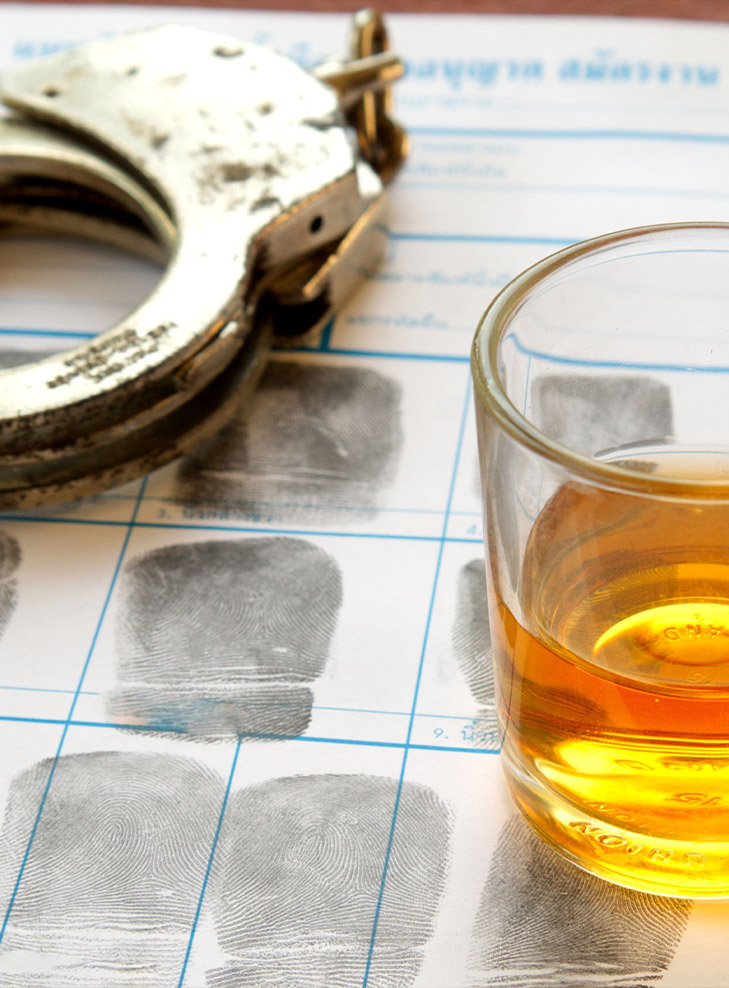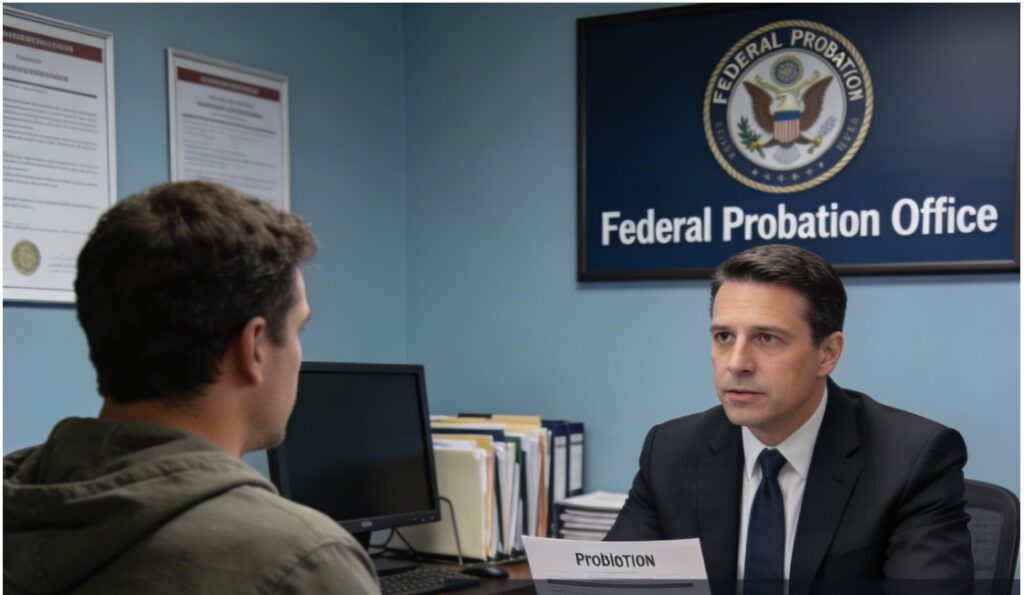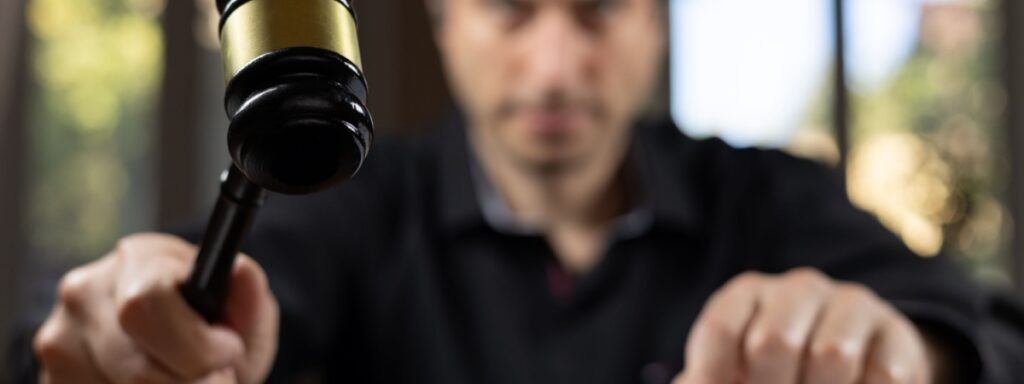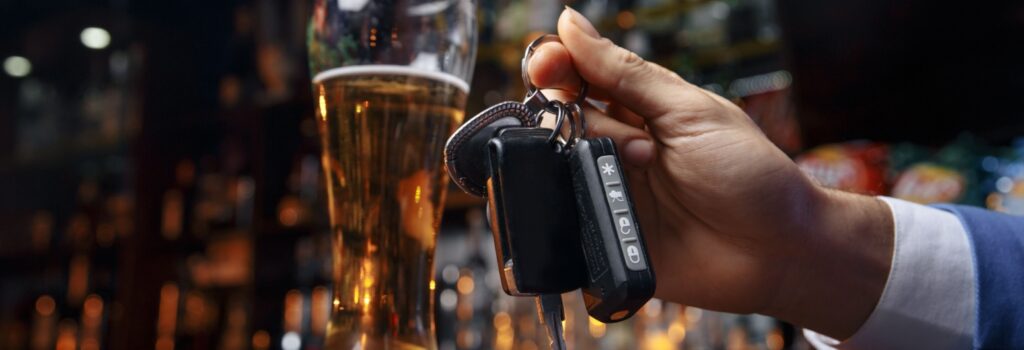
Does Missouri Have a Public Intoxication Law?
Missouri doesn’t have a statewide public intoxication law. In fact, the state prohibits city and county governments from enacting public intoxication ordinances or interpreting state or local laws to punish people for public intoxication.
The state also has no open container law. Other states punish people for having open containers of alcohol in many locations, such as in vehicles or on sidewalks. This explains why you can't drive with an open bottle of beer in Kansas City, Kansas, but you can in Kansas City, Missouri.
Your future is on the line. Call Combs Waterkotte's St. Louis public intoxication lawyers at (314) 900-HELP for an immediate consultation.

Missouri Statutes Covering Public Intoxication
Missouri still forbids drinking and drunkenness in certain places or under specific conditions, even without public intoxication and open container laws. The state’s prohibition against public intoxication laws permits state and local governments to pass laws in three areas:
- Prohibiting intoxication while using a vehicle, aircraft, boat, machinery, or firearm
- Regulating the sale, purchase, dispensation, possession, or use of alcohol
- Punishing individuals who commit other crimes while intoxicated
In short, the state bans blanket laws that make it illegal to simply be drunk or carry an open container of alcohol. Instead, its laws punish people for what happens as a result of that drunkenness or open container.
The provisions in the Missouri Revised Statutes that cover certain types of public intoxication include the following:
Drunkenness or Drinking in Prohibited Places
Missouri outlaws drunkenness or drinking in certain places, including courthouses and occupied schools and churches. The law prohibits the following actions while in these locations:
- Drinking alcohol
- Being in an intoxicated and disorderly state
- Offering to drink any intoxicating liquors in the presence of the people inside
This law doesn’t include exceptions for parties or licensed functions.
Alcohol Consumption While Driving
State law prohibits the consumption of alcohol while driving. You can think of this as a narrowly tailored open container law intended to stop drunk driving before it causes a crash.
Under this law, a driver can’t consume an alcoholic beverage while driving on public roads. The regulation applies regardless of the driver’s state of intoxication.
This isn’t a drunk driving statute because it applies to all drivers, including those who are stone-cold sober. Thus, you could receive a ticket for alcohol consumption while driving even if the police officer only saw your first sip of beer of the day.
On the other hand, you’re allowed to have an open container of alcohol in your vehicle as long as you don’t drink from it. This law only applies to drivers while operating vehicles. You can drink an alcoholic beverage in a parked car without violating this law.
Driving While Intoxicated
Driving while intoxicated (DWI) is a serious offense in Missouri. A person violates this law when they drive a vehicle while under the influence of alcohol or drugs.
Missouri allows a DWI arrest for anyone under the influence of drugs or alcohol, regardless of their blood alcohol concentration (BAC). The law mandates additional punishment for a DWI if the driver’s BAC is at or over the legal limit of 0.08%.
Consequently, you can commit a DWI anytime drugs or alcohol impair your ability to drive. Officers can investigate the reason for the impairment, including asking you to take a breath test. You can be arrested for DWI even if your BAC is below 0.08%.
Boating or Flying While Intoxicated
Missouri also has laws that prohibit operating a boat (BWI) or aircraft while intoxicated. These laws extend to vessel operators, pilots, co-pilots, flight engineers, and flight navigators who attempt to operate watercraft or aircraft while under the influence of drugs or alcohol.
Possession and Use of a Firearm While Intoxicated
Missouri’s unlawful use of a weapon statute bars anyone from having a firearm or “projectile weapon” on their person while intoxicated. However, the law requires more than mere possession. The intoxicated individual must also commit one of the following acts to violate the law:
- Handling or using the firearm in a negligent or unlawful manner
- Discharging the firearm
This law has a notable exception allowing intoxicated people to use firearms in self-defense.
Possession of a Firearm by a Habitual Drug or Alcohol User
Missouri’s unlawful possession of a firearm law denies certain people, such as convicted felons and fugitives from justice, the right to possess firearms.
The law also prohibits habitual drug or alcohol users from owning firearms. The law doesn’t define the term “habitual.” However, other statutes use “habitually” to describe the regular use of any habit-forming drug.
Importantly, this law isn’t limited to the public possession of a firearm — it can apply to any possession, regardless of the location.
Disturbing the Peace
Many intoxication-related arrests fall under the state’s law criminalizing peace disturbance. This law forbids knowingly and unreasonably engaging in the following behaviors:
- Making loud noises
- Addressing offensive language to a specific person face-to-face
- Threatening to commit a felony against any person
- Fighting
- Creating a noxious and offensive odor
The law also prohibits anyone from purposefully causing inconvenience by physically blocking any of the following:
- Vehicle traffic
- Pedestrian traffic
- People entering or exiting a public or private place
Disturbing the peace doesn’t require intoxication. As such, this charge can be brought against someone who’s mentally ill rather than intoxicated.


Defenses to Missouri’s Intoxication Statutes
There may be several possible criminal defense strategies for these charges, depending on your situation. Some common defense strategies include the following:
Involuntary Intoxication
Depending on the situation, you might present a defense of involuntary intoxication. This can happen when someone drugs you without your knowledge.
Physical or Mental Illness
You may have a valid defense if your behavior arose from a physical or mental illness rather than intoxication.
For example, suppose that you suffered a concussion that caused you to slur your words and stagger in a courthouse. A skilled St. Louis defense attorney could defend you from charges of drunkenness in a courthouse by proving you were unwell rather than drunk.
Missing Element of the Offense
Prosecutors must prove every element of an offense to get a conviction. If any are missing, you can seek a dismissal or acquittal. For example, Missouri’s driving while intoxicated law only applies to the driver — passengers can legally drink alcohol in a moving vehicle.
































